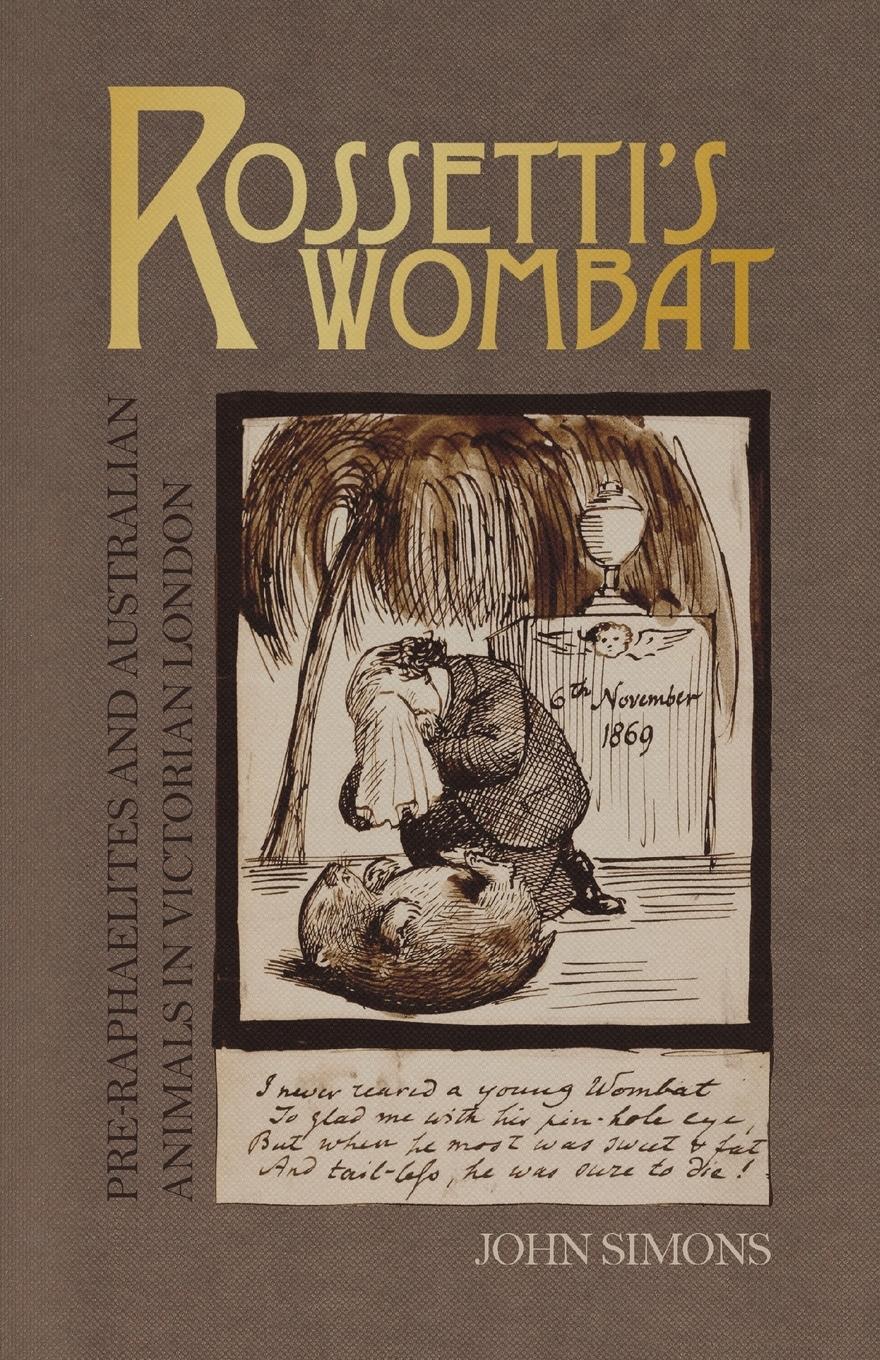Dekorationsartikel gehören nicht zum Leistungsumfang.
Sprache:
Englisch
43,50 €*
Versandkostenfrei per Post / DHL
Aktuell nicht verfügbar
Kategorien:
Beschreibung
Following the end of the First World War, many countries experienced economic decline. Unemployment, high inflation, low wages and poor working conditions led to widespread unrest. This manifested itself in the rise of powerful militaristic leaders, first in Italy where fascism was born, and then in Germany and elsewhere. The policies of the likes of Mussolini and Hitler were hugely popular, and fascism was seen by many as a viable political alternative to democracy.
To some degree, these ideals also gained traction in the UK where some individuals in and among the elite of British society believed fascism was the way forward for the country. This is fully explored in Hitler's British Nazis which traces the evolution of extreme right-wing opinion from the turn of the century right through to the end of the Second World War. In particular it looks at the way British fascism developed its own character due to Britain having been on the winning side during the First World War.
Early fascist movements of the 1920s are analyzed including the fascist tendencies of the Suffragette Movement. The book then traces the way in which domestic politics and the dire economic situation of the early 1930s created a political vacuum that was filled by Oswald Mosley and his Blackshirt Movement.
Throughout the 1930s right-wing sympathisers looked to Hitler's Germany rather than to Mussolini's Italy for inspiration. Some members of aristocratic and political elites, many with virulent anti-Semitic views, saw in German fascism a template for Britain to build on but remained wilfully blind to the excesses of the Nazi regime that were getting worse by the day.
The book looks at the way in which Nazi Germany was depicted in the press and how powerful press barons, many of whom were pro-German and supported Chamberlain's appeasement policies, were able to influence public opinion.
The role of the Mitford sisters, Unity in particular, is explored in detail as is the influence of the Cliveden Set under the leadership of the Astors and perhaps most interesting of all is the role played by King Edward VIII and Wallis Simpson as they flirted unashamedly with fascism and threatened to take Britain down a very different path to that which it took after the abdication.
To some degree, these ideals also gained traction in the UK where some individuals in and among the elite of British society believed fascism was the way forward for the country. This is fully explored in Hitler's British Nazis which traces the evolution of extreme right-wing opinion from the turn of the century right through to the end of the Second World War. In particular it looks at the way British fascism developed its own character due to Britain having been on the winning side during the First World War.
Early fascist movements of the 1920s are analyzed including the fascist tendencies of the Suffragette Movement. The book then traces the way in which domestic politics and the dire economic situation of the early 1930s created a political vacuum that was filled by Oswald Mosley and his Blackshirt Movement.
Throughout the 1930s right-wing sympathisers looked to Hitler's Germany rather than to Mussolini's Italy for inspiration. Some members of aristocratic and political elites, many with virulent anti-Semitic views, saw in German fascism a template for Britain to build on but remained wilfully blind to the excesses of the Nazi regime that were getting worse by the day.
The book looks at the way in which Nazi Germany was depicted in the press and how powerful press barons, many of whom were pro-German and supported Chamberlain's appeasement policies, were able to influence public opinion.
The role of the Mitford sisters, Unity in particular, is explored in detail as is the influence of the Cliveden Set under the leadership of the Astors and perhaps most interesting of all is the role played by King Edward VIII and Wallis Simpson as they flirted unashamedly with fascism and threatened to take Britain down a very different path to that which it took after the abdication.
Following the end of the First World War, many countries experienced economic decline. Unemployment, high inflation, low wages and poor working conditions led to widespread unrest. This manifested itself in the rise of powerful militaristic leaders, first in Italy where fascism was born, and then in Germany and elsewhere. The policies of the likes of Mussolini and Hitler were hugely popular, and fascism was seen by many as a viable political alternative to democracy.
To some degree, these ideals also gained traction in the UK where some individuals in and among the elite of British society believed fascism was the way forward for the country. This is fully explored in Hitler's British Nazis which traces the evolution of extreme right-wing opinion from the turn of the century right through to the end of the Second World War. In particular it looks at the way British fascism developed its own character due to Britain having been on the winning side during the First World War.
Early fascist movements of the 1920s are analyzed including the fascist tendencies of the Suffragette Movement. The book then traces the way in which domestic politics and the dire economic situation of the early 1930s created a political vacuum that was filled by Oswald Mosley and his Blackshirt Movement.
Throughout the 1930s right-wing sympathisers looked to Hitler's Germany rather than to Mussolini's Italy for inspiration. Some members of aristocratic and political elites, many with virulent anti-Semitic views, saw in German fascism a template for Britain to build on but remained wilfully blind to the excesses of the Nazi regime that were getting worse by the day.
The book looks at the way in which Nazi Germany was depicted in the press and how powerful press barons, many of whom were pro-German and supported Chamberlain's appeasement policies, were able to influence public opinion.
The role of the Mitford sisters, Unity in particular, is explored in detail as is the influence of the Cliveden Set under the leadership of the Astors and perhaps most interesting of all is the role played by King Edward VIII and Wallis Simpson as they flirted unashamedly with fascism and threatened to take Britain down a very different path to that which it took after the abdication.
To some degree, these ideals also gained traction in the UK where some individuals in and among the elite of British society believed fascism was the way forward for the country. This is fully explored in Hitler's British Nazis which traces the evolution of extreme right-wing opinion from the turn of the century right through to the end of the Second World War. In particular it looks at the way British fascism developed its own character due to Britain having been on the winning side during the First World War.
Early fascist movements of the 1920s are analyzed including the fascist tendencies of the Suffragette Movement. The book then traces the way in which domestic politics and the dire economic situation of the early 1930s created a political vacuum that was filled by Oswald Mosley and his Blackshirt Movement.
Throughout the 1930s right-wing sympathisers looked to Hitler's Germany rather than to Mussolini's Italy for inspiration. Some members of aristocratic and political elites, many with virulent anti-Semitic views, saw in German fascism a template for Britain to build on but remained wilfully blind to the excesses of the Nazi regime that were getting worse by the day.
The book looks at the way in which Nazi Germany was depicted in the press and how powerful press barons, many of whom were pro-German and supported Chamberlain's appeasement policies, were able to influence public opinion.
The role of the Mitford sisters, Unity in particular, is explored in detail as is the influence of the Cliveden Set under the leadership of the Astors and perhaps most interesting of all is the role played by King Edward VIII and Wallis Simpson as they flirted unashamedly with fascism and threatened to take Britain down a very different path to that which it took after the abdication.
Über den Autor
Norman Ridley is an Open University Honours graduate and a writer on inter-war intelligence. He lives in the Channel Islands.
Details
| Erscheinungsjahr: | 2024 |
|---|---|
| Fachbereich: | Allgemeines |
| Genre: | Geschichte |
| Rubrik: | Geisteswissenschaften |
| Thema: | Lexika |
| Medium: | Buch |
| Seiten: | 208 |
| ISBN-13: | 9781399033343 |
| ISBN-10: | 1399033344 |
| Sprache: | Englisch |
| Einband: | Gebunden |
| Autor: | Ridley, Norman |
| Hersteller: | Pen & Sword Books |
| Von/Mit: | Norman Ridley |
| Erscheinungsdatum: | 30.05.2024 |
Über den Autor
Norman Ridley is an Open University Honours graduate and a writer on inter-war intelligence. He lives in the Channel Islands.
Details
| Erscheinungsjahr: | 2024 |
|---|---|
| Fachbereich: | Allgemeines |
| Genre: | Geschichte |
| Rubrik: | Geisteswissenschaften |
| Thema: | Lexika |
| Medium: | Buch |
| Seiten: | 208 |
| ISBN-13: | 9781399033343 |
| ISBN-10: | 1399033344 |
| Sprache: | Englisch |
| Einband: | Gebunden |
| Autor: | Ridley, Norman |
| Hersteller: | Pen & Sword Books |
| Von/Mit: | Norman Ridley |
| Erscheinungsdatum: | 30.05.2024 |
Warnhinweis












